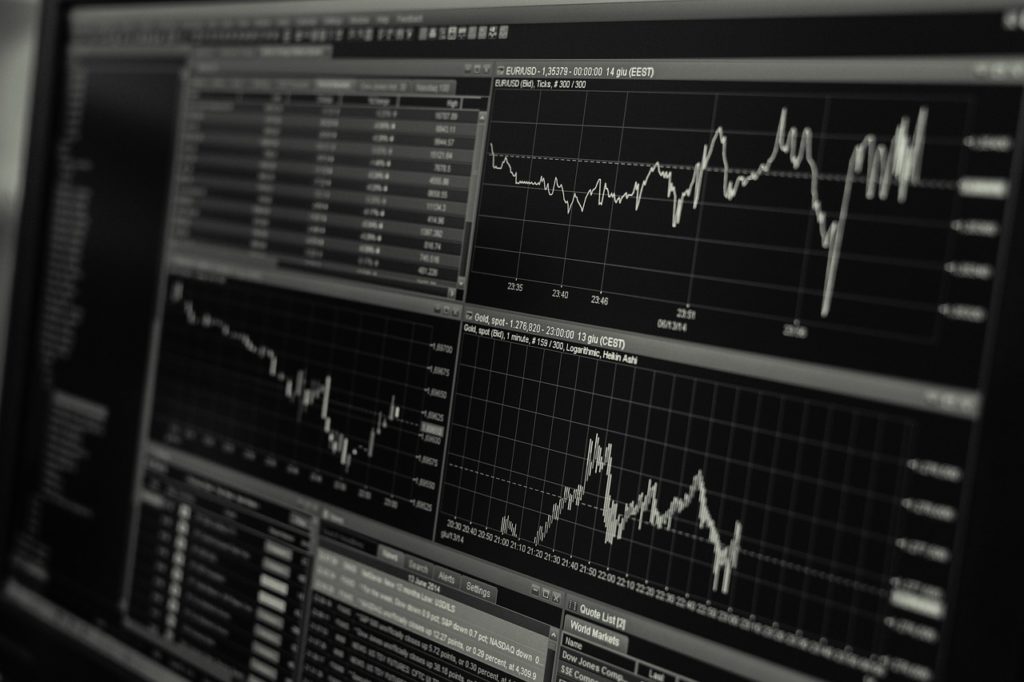
The value of a nation’s currency strongly influences the health of its economy, and changes in its price play a pivotal role in a country’s trade balance between imports and exports. A strong currency can negatively affect exports, making goods more expensive for foreign buyers. Conversely, a weak currency can help exports, which, in turn, supports the country’s economic growth.
If you wish to buy and sell popular currency pairs, such as EUR/USD, you can access the global foreign exchange market through trading brokers, including online platforms such as UFX.com. To take advantage of fluctuations in currency prices, you’ll need to utilize a range of trading tools and advanced charts. These can help you make informed decisions when participating in the world’s largest and most liquid investment market.
What should you monitor when trading in the FOREX market?
A Country’s Economic and Political Stability
Investors typically seek to invest in a country with a stable political situation and strong economic performance. If a nation is prone to industrial strikes, terrorist attacks, and political instability, the risk of trading on that country’s assets naturally increases. When investors lose confidence in a currency, it leads to capital outflow towards the currencies of more stable countries, which may have better long-term outlooks.
Inflation and Interest Rates
Inflation is a general and sustained increase in overall prices. In periods of low inflation, the value of a country’s currency increases, along with its purchasing power. When national inflation is high, on the other hand, the relative value of the currency decreases. Inflation is one of the key determining factors for central banks, which set interest rates in order to achieve the most advantageous economic conditions for their citizens.
Interest Rates and Currency Values
The difference between interest rates in two countries can trigger deep and lasting movements on a currency pair. Any trader seeks to invest in a strong currency with the potential for healthy returns. Demand for the currency of a country with higher interest rates will always increase, propelling its price higher at the expense of the currency whose country has lower interest rates.
Market Psychology
It’s important to follow how big and influential investors are trading on a given currency. One vital report you can use to gauge their interest in a particular currency, enabling you to take similar positions, is the COT (Commitments of Traders) published by the CFTC.
These are the important factors to consider when trading currencies. Traders are more likely to have a positive trading experience when considering these factors.
